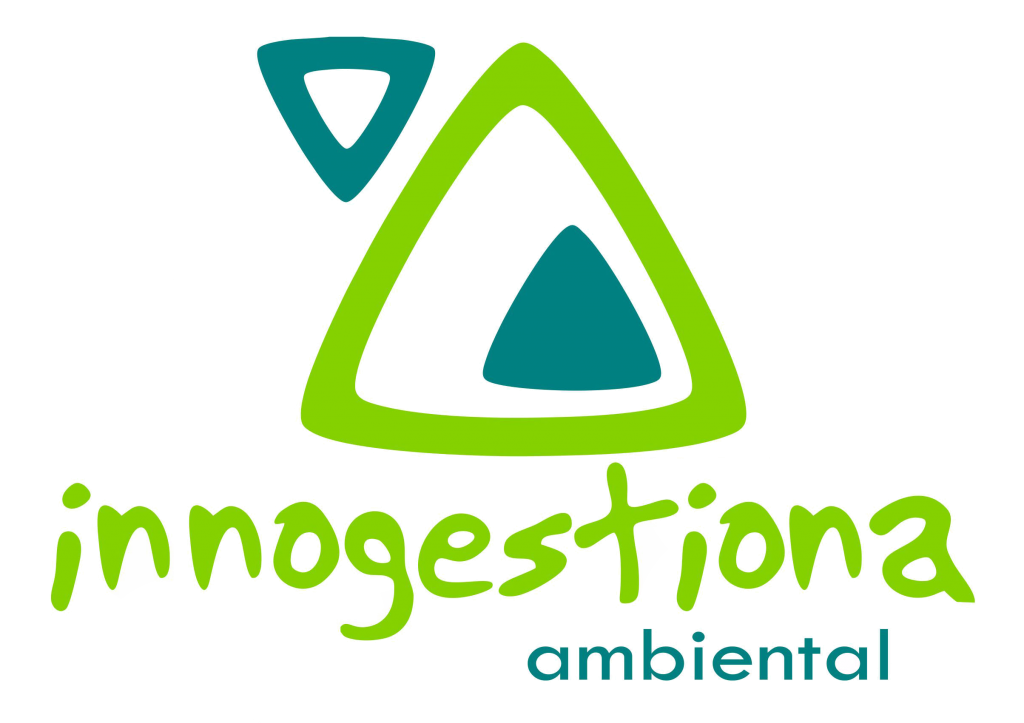Farming’s got talent is the name of the event that the European Commission’s DG Agri organised on 24 November in Brussels to analyse training experiences aimed at students and people working in the agricultural sector, with the aim of designing strategies and measures for the new generations of farmers, in the context of the double ecological and digital transition.
Innogestiona Ambiental was one of the entities invited by DG Agri to share the different experiences in terms of education and occupational training that have been developed in some of the projects in which we participate, such as the Erasmus+ projects EU4Shepherds or Agroinclusion, which develop training content and good practices for shepherds and people with special needs, respectively, in order to improve their skills for the performance of tasks in sectors such as extensive livestock farming or organic farming. In addition to these projects, Innogestiona has worked in recent years on the creation, review and implementation of the course cycle of the LIFE LiveAdapt project “Solutions for the adaptation of extensive livestock farming to climate change”, led by the Entretantos Foundation and with the collaboration of the other project partners.
The latter was the training experience Innogestiona presented at the event, highlighting the need to support the training of professionals to take over in the extensive livestock farming sector, with a multifunctional approach, including not only the management of livestock and ecosystems, but also the necessary skills for marketing, product differentiation, gender balance and the enhancement of the ecosystem services provided by this activity, essential for the future of rural environments and the future of ecosystems in southern Europe such as the Dehesa and the Montado.
Elena Escaño, livestock farmer from the Sierra de Huelva, student of the LiveAdapt project course and currently a researcher at the University of Wageningen, also participated in the event. She presented her point of view on the need to change the narrative that currently places livestock farmers as the ultimate recipients of training actions, so that they are an active part of a process of co-creation that responds to the urgent needs of these professionals in each territory and in each context.
Among the experiences presented were New Agriculture, New Generation, for its ability to revitalise rural communities by promoting agriculture from an integrated approach, with successful experiences in Greece, and the case of the Flanders Young Farmers’ Association, which is developing an interesting training and support programme for its members, ranging from the most practical tasks to financial, marketing and commercialisation issues, with an interesting success rate.
Both the recording of the event and the presentations used by the speakers, including representatives of the OECD, DG Agriculture and DG Employment of the European Commission, are available on the Commission’s website, where they referred to AKIS, EU CAP Networks or new forms of accreditation of skills such as micro-credentials, as references for the exchange of knowledge and the development of the professional profiles of the farmers of the future, in line with the Farm2Fork strategy, the European Green Deal or the Pact for Skills, recalling that 2023 will be the European Year of Skills.












